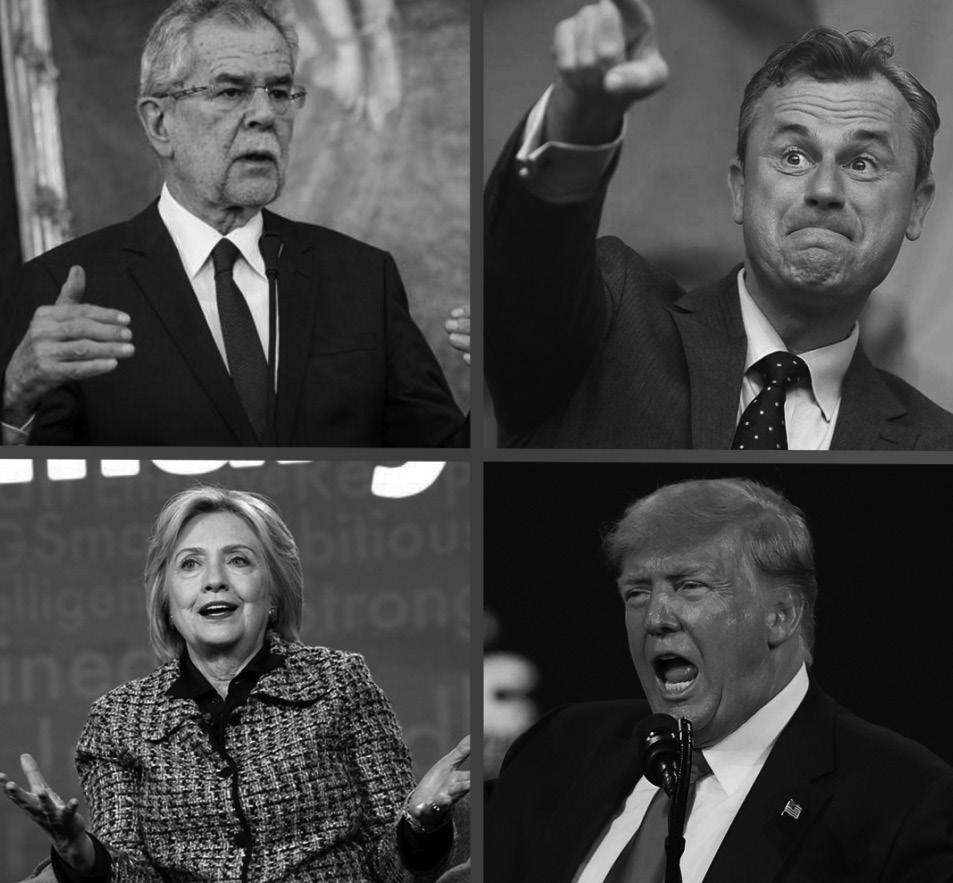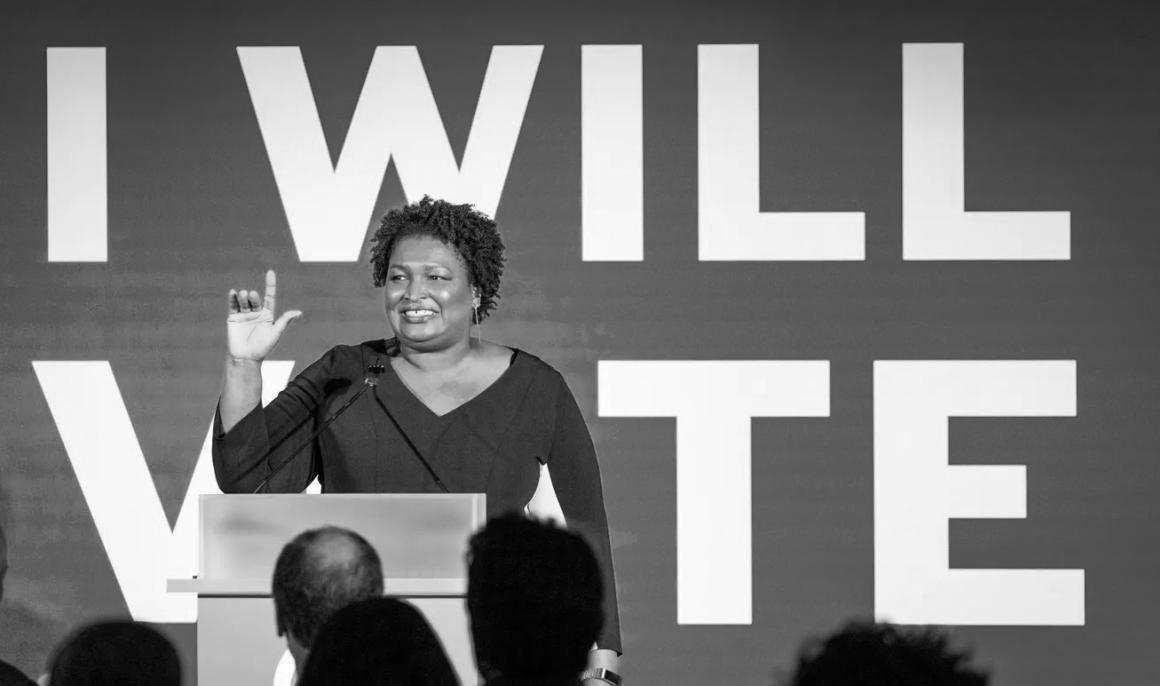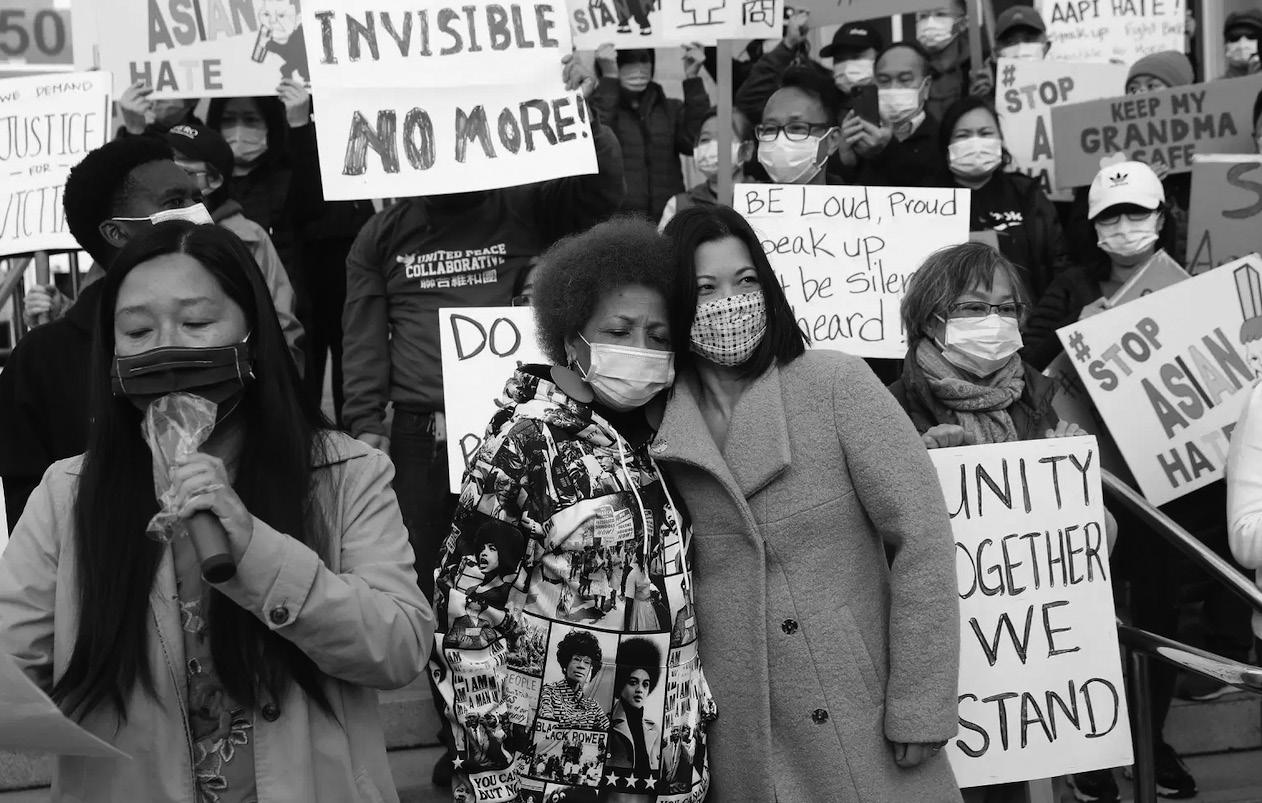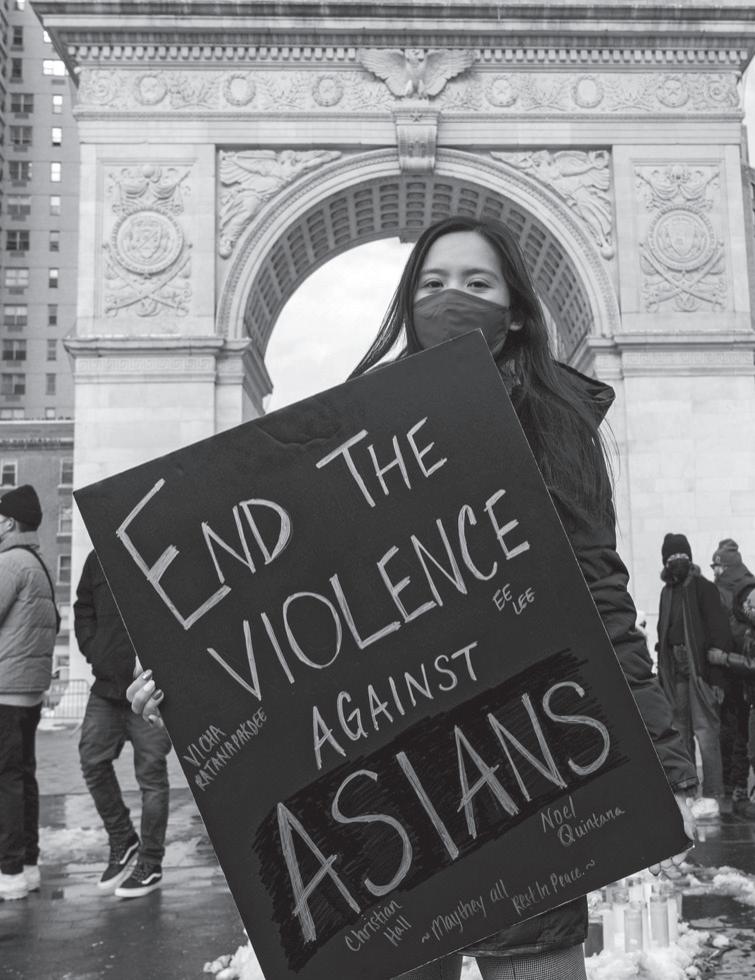U.S. Senator Kamala Harris speaking with supporters at the annual West Des Moines Democratic Party Summer picnic at Legion Park in West Des Moines, Iowa. PHOTO COURTESY OF GAGE SKIDMORE
New Vice President, New Criminalization Precedent By Raisah Khan Staff Writer The Biden-Harris Administration has been dubbed one of the most, if not the most, progressive governments that this country has ever seen. Particularly, with the first woman of color to hold the office of Vice President, constituents are wondering what specific policies will be passed to assist communities of color. However, with Vice President Harris’s “tough on crime” history as a politician, her current term begs the question: how will criminal justice reform manifest in a post-Trump America, and will it sufficiently address the pitfalls in our system that we have wit-
nessed in the last half-century? Mass incarceration in the United States has been fuelled by the racially charged rhetorics of various politicians. By playing into the stereotype of people of color being inherently more dangerous, presidents such as Richard Nixon passed policies containing coded language to incarcerate these communities. Nixon himself spearheaded the “War on Drugs,” a crusade against primarily black and brown communities for the consumption of drugs, such as marijuana and crack. The disparities between crack arrests in impoverished communities versus the blind eye turned towards its counterpart drug, cocaine, in white, affluent areas, is the primary example of discrimination
34











